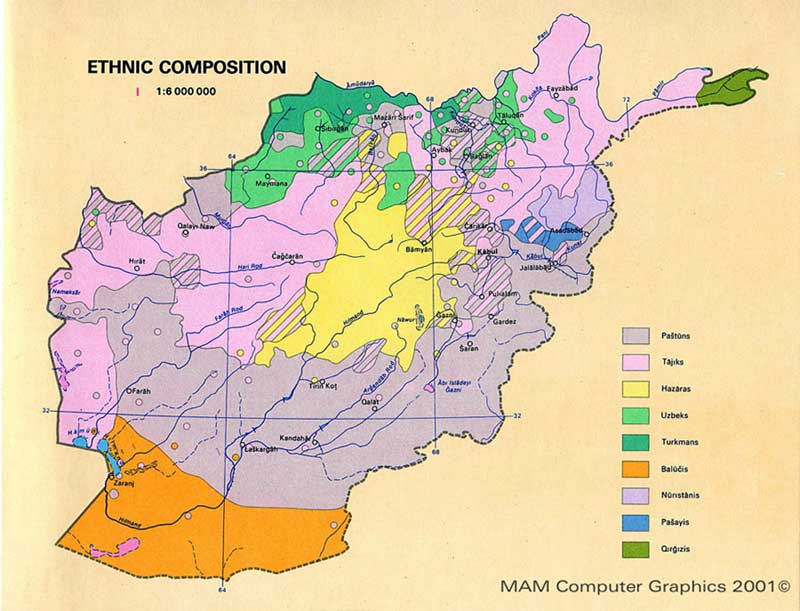Pakistan's President Zardari was snubbed. He should have been meeting
President Obama at the G8 summit in Chicago to discuss the reopening of the
NATO supply route through Pakistan into Afghanistan. Instead Obama was too
‘busy’ to meet with Zardari, leaving him to be attended to by US secretary of
state, Hilary Clinton.
How times have changed between the two nations. Under Bush,
Pakistan was cajoled and caressed with $billions in foreign aid for their part
in assisting the ‘war on terror’. Over time, relations have deteriorated to an agitating
extent as the role of certain hands within Pakistan has left the US frustrated
and angry. Finding Osama Bin Laden hiding away in a safe haven a few miles from
a military compound hasn’t helped, neither have the 2008 attacks by Lashkar-e-Taiba
on Mumbai, nor finding Ilyas Kashmiri – one of the top al-Qaeda commanders – in
South Waziristan. President Karzai had always insisted that the real insurgency
was coming from Pakistan; the US now believes him slightly more than before.
Inversely, Pakistan is frustrated and angry at the US –
angry for their covert Bin Laden operation, angry for the continuous use of
drone strikes that kill innocent civilians, and angry for the Americans
implying a link between the state, the security services and various terrorist
groups. Pakistanis feel frustrated, perhaps rightly so, that they have suffered
from terrorism a lot more than the international community is willing to
recognise.
The latest in frustrations between the two countries
surrounds disagreement over the NATO supply routes. The supply route was closed
following furious backlash to US drone attacks in November last year which killed
26 Pakistani soldiers along the Afghan border. NATO has had to move the supply
route to the north of Afghanistan, costing them more time and money.
Discussions to reopen the route looked potentially fruitful earlier last month,
as the Deputy Secretary of State, Thomas Nides, travelled to Islamabad to eke
out a new agreement. However, the Pakistan Parliament and the religious right
guaranteed that the reopening would face resistance.
Pakistan wants to increase the transit charges from $250 to
as much as $2000. The US has responded by threatening to freeze the $655m in payments
to the Coalition Support Fund until Pakistan reopens the routes. The US clearly
has had enough.
But Zardari is stuck between a tough rock and a very hard
place. He does not want to concede the supply routes to NATO without a fight,
especially considering the ever growing opposition to drone attacks within
Pakistan. His party, the Pakistan People’s Party, has lost substantial support
inside the country amidst continuing allegations of corruption, ineptitude, a
crumbling economy, and worsening security. Zardari is almost likely to lose.
However, the crumbling economy needs investment and US aid
is a major part of that. Zardari also does not want to isolate Pakistan;
political and diplomatic isolation means a weak bargaining power apropos
Afghanistan. The US and Afghanistan have already laid out a post-2014 plan
which includes stipulations such as American use of Afghan military bases should
any ‘interference’ occur. Interference occurs in Afghanistan on a daily basis
of course, through the porous border with Pakistan. In defence of the Pakistani
army a bloody battle has been fought in the lawless North-Western Frontier
Province (NWFP), and some headway has been made on security in the region, but much
to the cost of many lives. The Pakistan forces have lost over 3,000 personnel
since the war on the extremist groups in the NWFP started in 2005.
Even worse for Zardari is Afghanistan’s strong relationship
with India; late last year Karzai travelled to New Delhi to formalise a
strategic deal that would allow arms transfers, military training and direct foreign
investment from India. This is not to mention the huge $billion deals already
in place for Indian companies to mine minerals and iron ore in Afghanistan.
Pakistan must feel squashed as India squeezes pressure from both sides. This is
probably the reason why Pakistan finally afforded India a ‘Most Favoured Nation’
status; it needs to reopen trade with its neighbour in order to survive.
But this is all just a diplomatic chess game. From the
American side, the Obama administration would not want an isolated Pakistan;
isolation will leave Pakistan with a crippling social-economic fabric that is
dangerous for the region. True that much of the terrorism inside Pakistan has
been in reaction to the US presence in the region, but the Kashmiri issue and rampaging
corruption has allowed extremist groups to create instability.
From the Afghan side, the real problem is likely to occur
after NATO troops begin pulling out; the Afghan army and police forces will be
severely tested as insurgents pour in from the lawless Khyber Pakhtunkhwa. Much
will depend on whether the Taliban can be integrated politically. If they can, then
Pakistan may once again become an ally. If they cannot, then the insurgency is
likely to intensify.
Obama’s snub on Zardari was probably done with all these
factors in mind, aside from just personal annoyance. Zardari will be indebted
for the invitation to the NATO summit and humiliated at the snub; it will leave
him with little bargaining power. Concessions will be made on the supply routes
for the guarantee of US aid, and someone will be fall-guy for the unpopular
decision. Chances are it could well be Zardari himself.





